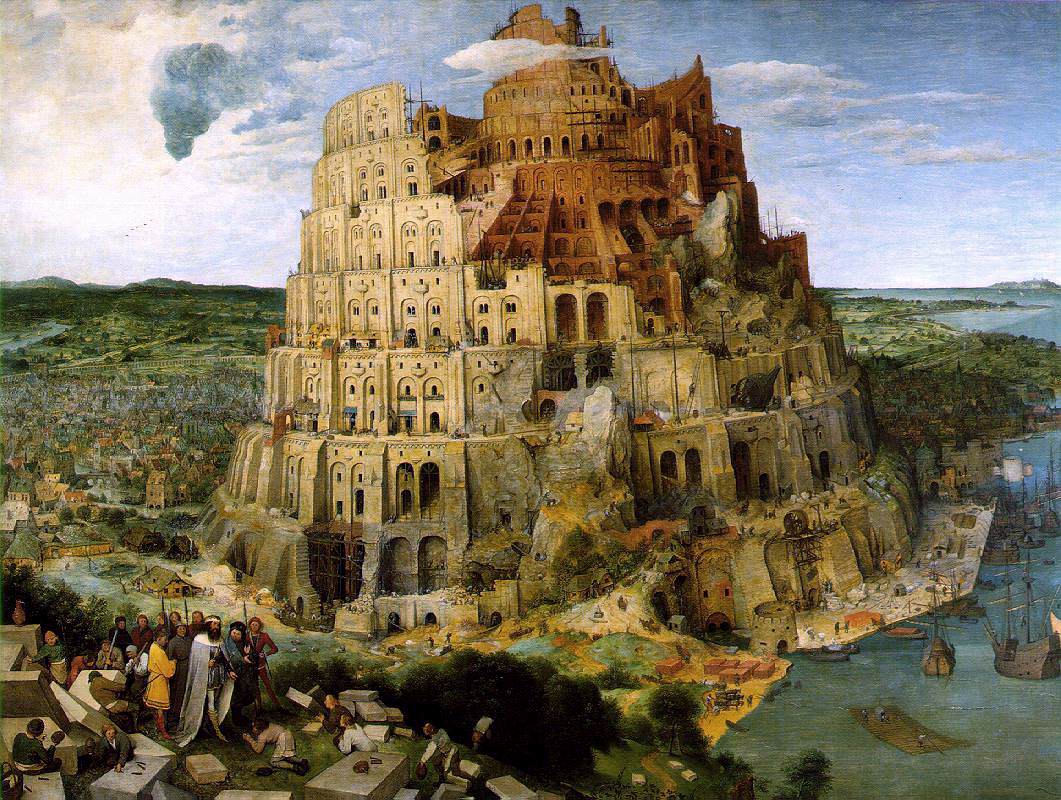As a group, we're a little on the fence about what to do next. One player, who has never DMed, wants to run his first, epic campaign. Others have suggested doing a series of one-offs to give us a break from a longer game. I'm happy to play either, but the conversation got me thinking about the differences between long and short games.
I got interested in roleplaying through the Lord of the Rings Trilogy (the movies, not the books, which I ha. . .we'll go into this another time) and RPGs like Morrowind. Naturally, I wanted to recreate how big those worlds felt in my games. I used to spend hours drawing maps, detailing fantastic locations, and developing my game world's mythology. It was a lot of fun.
It also took a lot of time. Preparing for these games requires a considerable time investment in the world building. This is in addition to the time required to prepare sessions. More importantly, epic campaigns also take a lot of time to complete. In my ten years of gaming, I was able to succeed at finishing exactly one of these epic games. The others fell apart for various reasons: I lost motivation, the game lost steam, players moved away, etc. Those are the risks you run when you go long.
The rewards, however, are real. Paramount among them is when your players begin treating it as a living breathing world. This does happen in shorter games too, but longer games provide more opportunity for this to happen. It also provides more opportunity to develop the NPCs and the Villains. Epic campaigns almost never have to rely on the generic big bad evil guy for a plot hook, and I think players roleplay more and more the longer they spend with their characters.
The benefits of the short game run directly contrary to the the problems of the long game. The game never loses steam because each session is different, which I find to be a motivating factor as a GM. If one player moves away or leaves, another can be folded into the group easily. The short game is also the ideal situation for a group with rotating DMs and offers a unique opportunity for group world-building.
The problems of the short game are numerous. The game can suffer from "villain of the week" syndrome, making the campaign feel more like a comic book or a TV show. There is seldom opportunity for the big world building in longer games, which may or may not be a drawback for some.It also lends itself to a kick-down-the-door and steal all the treasure type of play, which can be fun but repetitive.
The single greatest advantage of the short game is that it puts your players at the forefront of all the action. That's not to say it can't happen in the long game, but I've found that the machinery of longer games gives a lot of screen time to NPCs. Occasionally, too much.
If we go with a series of short games, I'm thinking of running a very simple one-shot Burning Wheel game. I feel it may be soon to introduce the group to yet another game as it was only last month I dropped the Heavy Metal cover of the DCC on the gaming table, but I think a very RP-intense session would be a good palette cleanser.



No comments:
Post a Comment